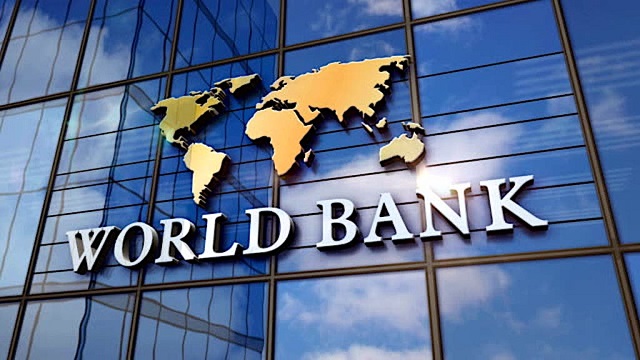
On Friday, May 31, the World Bank approved a $250 million credit for Ghana’s Financial Stability Project, which will last five years.
This project will support Ghana’s Financial Sector Strengthening Strategy by helping to recapitalize banks and deposit-taking institutions affected by the country’s Domestic Debt Exchange Program.
Ghana’s financial system is essential for the economy, serving households, businesses, and the government, and fostering economic growth. To mitigate the DDEP’s severe impact on financial institutions, the government set up the Ghana Financial Sector Stability Fund to provide solvency support to banks, pension funds, insurance companies, fund managers, and investment schemes.
Robert R. Taliercio, World Bank Country Director for Ghana said:
“This project will contribute to Ghana’s financial stability, by providing solvency support to banks and SDIs impacted by the DDEP through the GFSF,”
“Through direct support to banks and SDI, the project will benefit Ghana’s financial sector and the economy by supporting the access of depositors and other financial consumers to savings, payments, and other core financial services provided by adequately capitalized banks and SDIs.“
The Ghana Financial Stability Project will immediately help eligible, undercapitalized but viable banks and SDIs. It will also be available to other banks and SDIs needing support in the future due to new or unexpected losses.
The project works alongside the World Bank’s Development Programme Financing series and the IMF-Extended Credit Facility, supporting reforms to improve the economy and help financial institutions become profitable and self-sustaining.
It also supports other World Bank projects aimed at economic recovery and job creation in Ghana, like the Ghana Development Financing Project, which helped create the Development Bank of Ghana and provides long-term financing to small and medium businesses.
The World Bank’s International Development Association (IDA), founded in 1960, assists the world’s poorest countries by offering grants and low to zero-interest loans for projects that promote economic growth, reduce poverty, and improve lives.
IDA is a major source of help for the world’s 74 poorest countries, including 39 in Africa, benefiting 1.3 billion people.
Since 1960, IDA has given $458 billion to 114 countries. In the past three years (FY19-FY21), it has averaged $29 billion annually, with around 70 percent going to Africa.
Read Also: Ghana Secures $200M for SME Expansion



